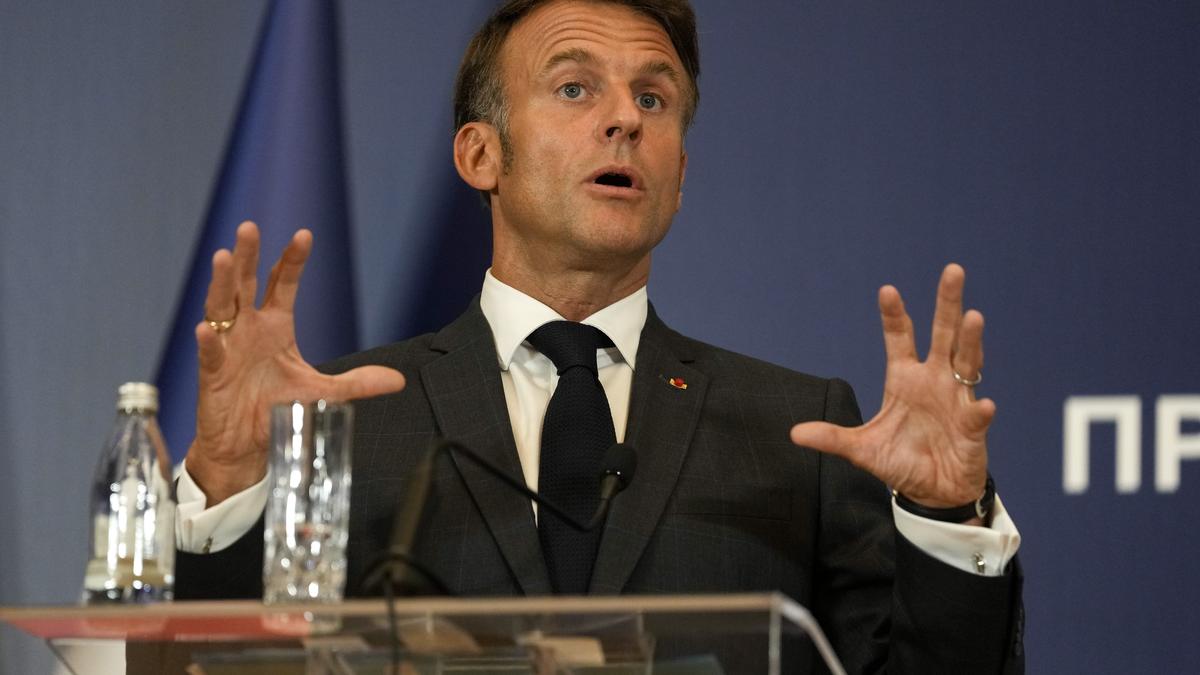The case of Pavel Durov, CEO of the messaging app Telegram, has sparked a heated debate in France and beyond, focusing on the balance between online freedom, national security, and the rights of immigrants. Durov was arrested in France on suspicion of complicity in illegal activities on his platform, including drug trafficking and the sharing of child sexual abuse material. While he was granted French citizenship through a fast-track process reserved for individuals deemed to contribute to the country, his arrest has ignited criticism towards the French government, with some accusing them of hypocrisy for targeting a technology leader known for promoting free speech.
The Complicity Accusations and the Fight for Freedom of Expression
French authorities allege that Durov turned a blind eye to criminal activities on Telegram, failing to cooperate with investigations into drug trafficking and the spread of child abuse material. These accusations are based on the principle of “complicity by omission”, which suggests that a person can be held responsible for criminal acts if they fail to act even when they have the power to prevent them.
This case raises important questions about the responsibility of tech giants for illegal activity on their platforms. On the one hand, it is argued that these companies bear a significant responsibility to ensure that their platforms are not used for harmful purposes. This can be achieved through measures such as proactive monitoring, content moderation, and increased cooperation with law enforcement agencies.
However, critics of the French government’s approach argue that criminalizing the CEO of a platform based on a principle of complicity sets a dangerous precedent. They believe that this could lead to censorship, stifle innovation, and ultimately undermine freedom of expression.
A Case of Double Standards?
The fast-tracking of Durov’s citizenship request raises concerns about a double standard in the French government’s handling of immigration. While Macron highlighted Durov’s contribution to French wealth and culture through his technological success, critics point out that many deserving immigrants have to endure lengthy and cumbersome processes to gain citizenship.
This discrepancy between the privileged treatment afforded to Durov and the bureaucratic hurdles faced by ordinary immigrants is seen by many as evidence of a “two-tier system” where access to citizenship is based on wealth and influence. This fuels concerns about the perceived elitism within French society and highlights the need for greater transparency and fairness in the naturalization process.
The Role of Technology in Combating Crime
The case of Durov has also brought attention to the challenges of policing online crime in a digital age. With decentralized messaging platforms like Telegram, the ability of authorities to monitor and regulate content is limited. The authorities need to strike a delicate balance between ensuring online safety and protecting freedom of expression.
Some argue that greater cooperation between tech companies and law enforcement is crucial for addressing online crime effectively. Others emphasize the need for robust encryption technologies to protect user privacy while also creating mechanisms for sharing information when criminal activity is detected.
Beyond the Telegram Case: A Conversation About Online Governance
The Durov case is a microcosm of larger global debates about online governance. As technology continues to evolve at a rapid pace, policymakers face a challenging task in creating frameworks that can effectively regulate digital spaces while respecting individual freedoms. This requires navigating complex ethical questions about privacy, surveillance, content moderation, and the very definition of “free speech” in the digital age.
It is vital that these discussions be inclusive and involve voices from diverse backgrounds, including civil society, industry leaders, academic researchers, and international organizations. Only through open and constructive dialogue can we create a digital ecosystem that balances innovation, security, and respect for human rights.
Take Away Points
- The case of Pavel Durov highlights the tension between protecting online freedom of expression and combating illegal activity.
- The accusations of complicity against Durov raise complex questions about the responsibility of tech companies for illegal activities on their platforms.
- The fast-tracking of Durov’s citizenship raises concerns about double standards in French immigration policy.
- The Durov case brings attention to the challenges of policing online crime in a decentralized digital environment.
- This case encourages reflection on the need for more inclusive dialogue regarding online governance to balance innovation, security, and human rights.









